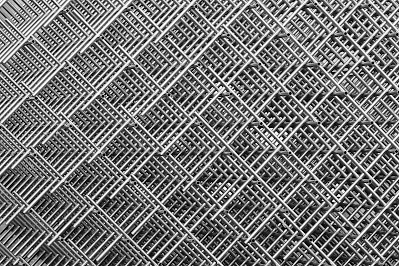 |
| Did they miss your submission, or was it not relevant? |
The Enlarged board considers the catchword of R 8/15. Catchword 1 of that decision reads (in part, emphasis added):
(...) One aspect of the right to be heard as covered by Article 113(1) EPC requires a board to consider a party's submissions, i.e. assess the facts, evidence and arguments submitted as to their relevance and correctness. Article 113(1) EPC is infringed if the Board does not address submissions that, in its view, are relevant for the decision in a manner adequate to show that the parties were heard on them, i.e. that the Board substantively considered those submissions. (...)
In this case, a potential issue with this rule is considered. If you don't see your arguments back in the decision then either: the board did not consider your arguments, or the board did consider them but found them to be irrelevant. The former case would infringe the right to be heard, while the latter would not. But how is an appellant to know which of these two options was the case?
The Enlarged board seems sympathetic to this view, but concludes that if you don't see a submission in the decision, then apparently it was not relevant. It leaves the door open though if there are indications to the contrary.
This case R 10/18 provides the following catchword:
1. One aspect of the right to be heard as covered by Article 113(1) EPC requires a board to consider a party's submissions, i.e. assess the facts, evidence and arguments submitted as to their relevance and correctness.
Article 113(1) EPC is infringed if the board does not address submissions that, in its view, are relevant for the decision in a manner adequate to show that the parties were heard on them, i.e. that the board substantively considered those submissions. (See Reasons, point 2.1.1, affirming the relevant part of catchword 1 of R 8/15).
2. A board is presumed to have taken into account a party's submissions that it did not address in the reasons for its decision, meaning that it, first, took note of them and, second, considered them, i.e. assessed whether they were relevant and, if so, whether they were correct.
An exception may apply if there are indications to the contrary, e.g. if a board does not address in the reasons for its decision submissions by a party that, on an objective basis, are decisive for the outcome of the case, or dismisses such submissions without first assessing them as to their correctness. (See Reasons, point 2.1.1.2).
























